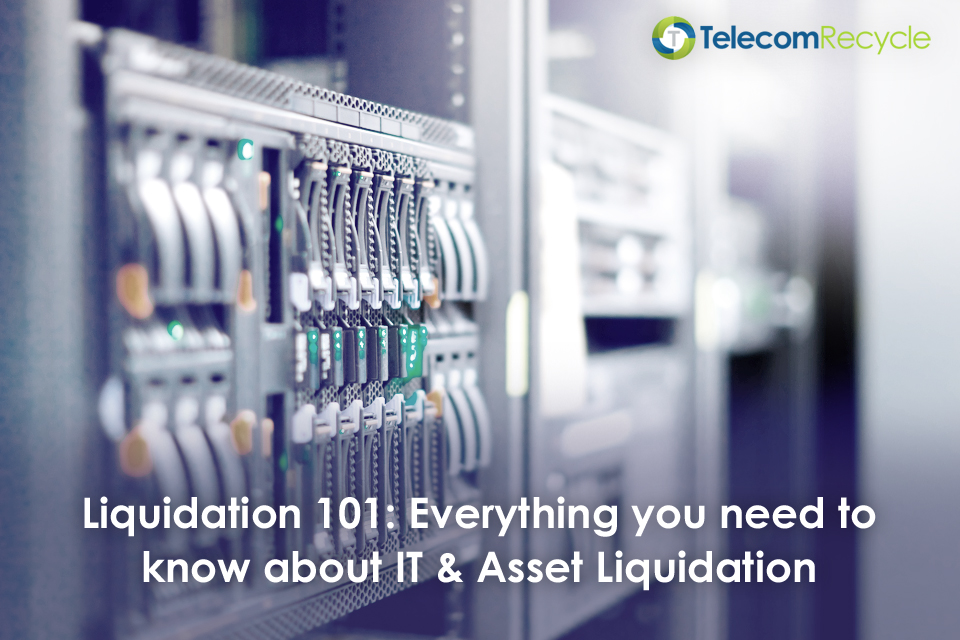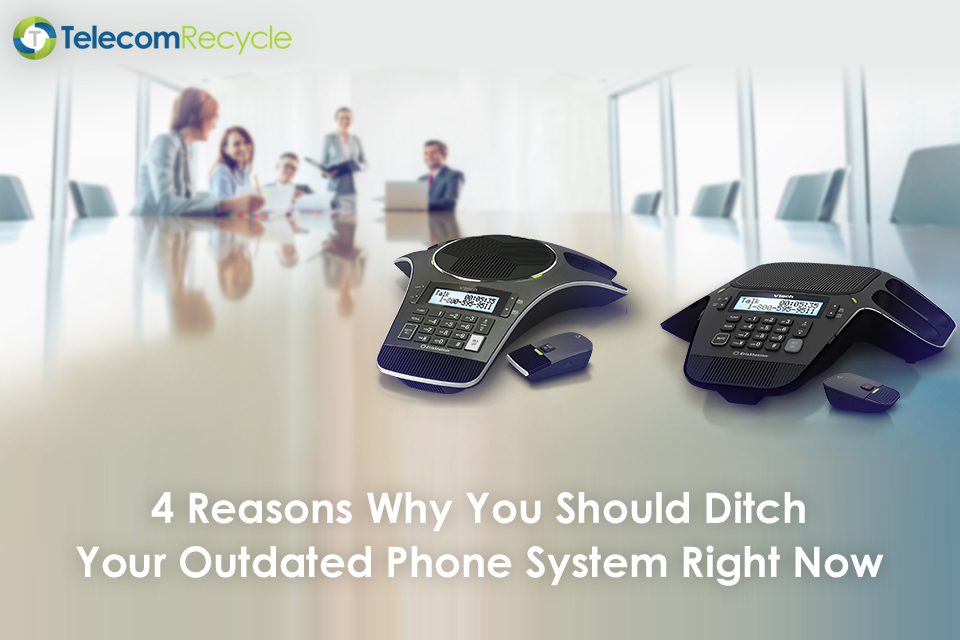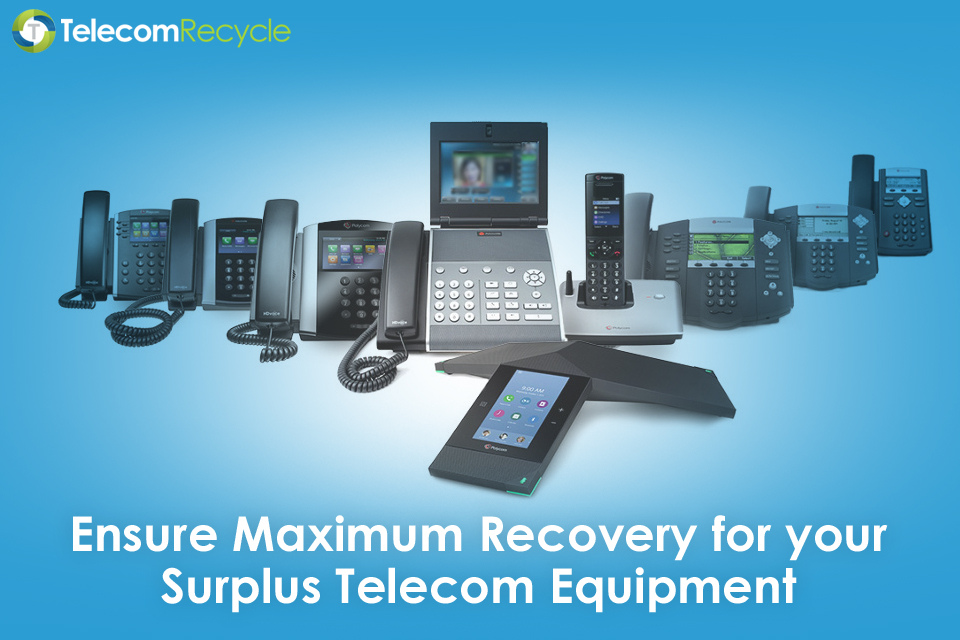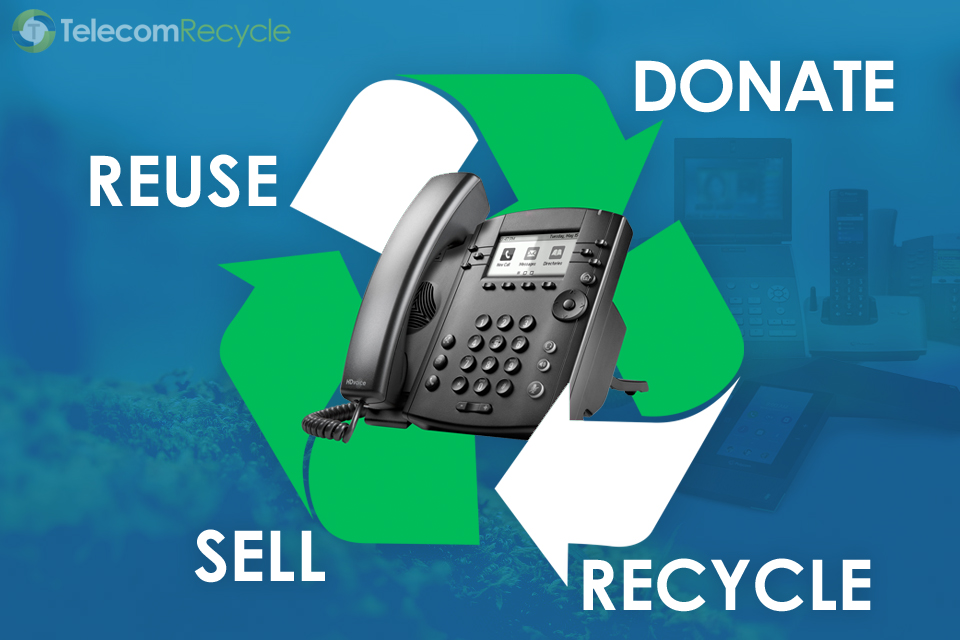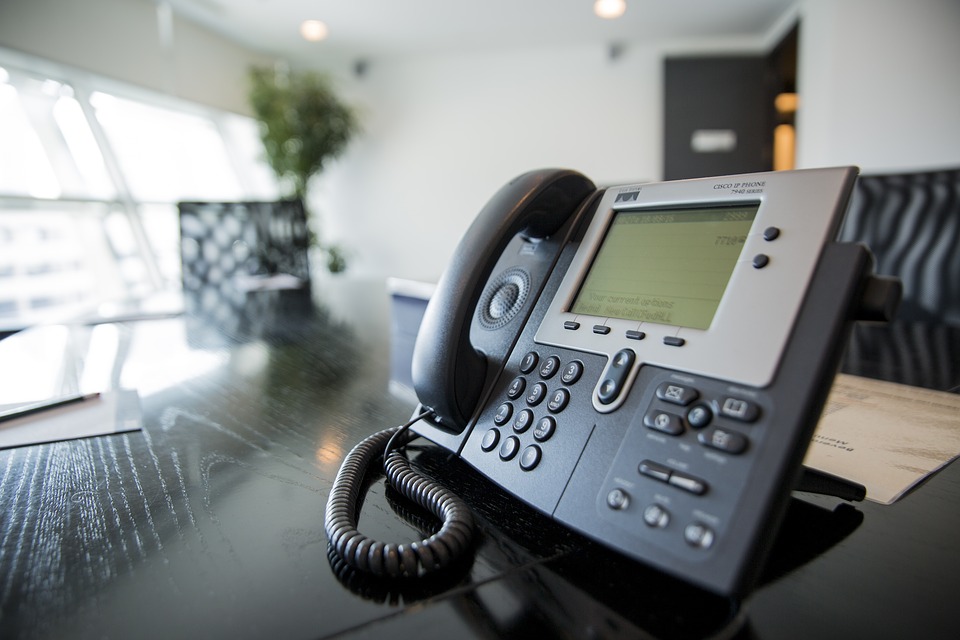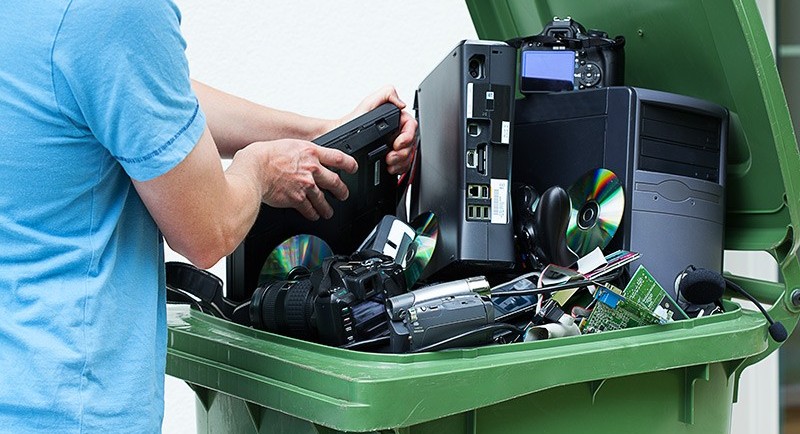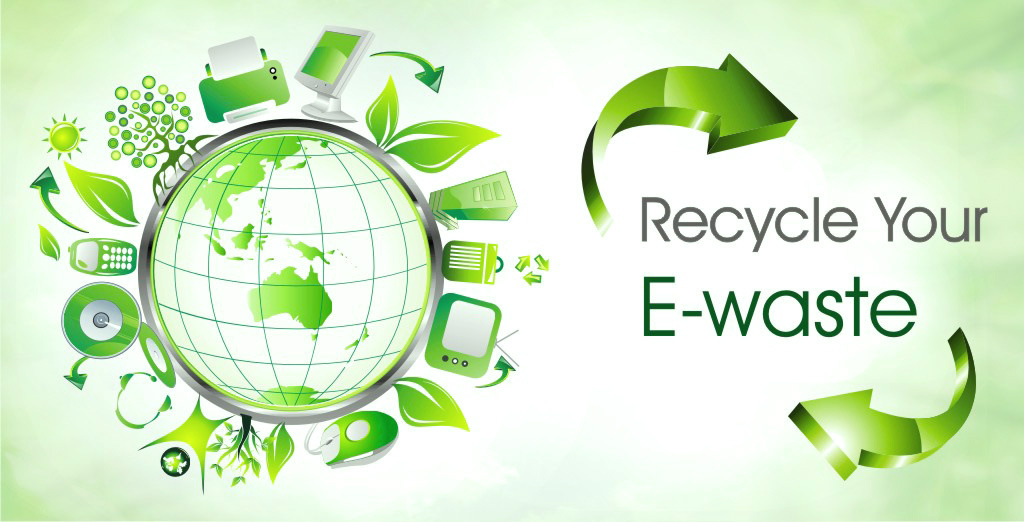Warning signs. Everything, or even a person for that matter, give out warning signs before they reach their limit. It is usually easy to read. Gray cloud loitering around means it’s going to storm soon. An irritated boss means scolding is due.
The same is true for your business communication devices or, simply, telecom equipment.
Given, it’s hard to take care of your business inventory throughout their lifetime – but ignoring their impending end is not advised. If it’s unfit for your operations or outdated to the state no revival, you have to let them go.
But if they simply need an upgrade, go for it! There is a sliver of hope lying just there – maybe you can run a few years with the revamped systems.
But, before you do any of that, you need to know which of your phone systems are crying for an upgrade. The answer is simple – the warning signs.
It might be difficult for you to gauge them amidst your heavy business operations, we understand that. To make things simpler for you, we’ve compiled a list of red hot signs that depict your phone systems are in a need of serious upgrade.
You know the drill – if you relate to any of the listed signs, you might need to seriously re-evaluate your communication systems.
Let’s start then?
Sign #1 You’ve Been Missing Calls More Often
The most blazing sign for an outdated system ever – it isn’t serving the purpose for which it was bought for. Traceback (contact your service provider) and note down how many calls you’ve encountered and missed in the past few weeks. If the latter outweighs the former, you need an upgrade.
In case of a non-working system, you won’t get calls altogether. Many old business phone systems have a series of copper lines that get tangled more often than not, leaving the caller with a busy signal.
Sign #2 Your System Needs Frequent Reboots For It To Work
If your system is anything like the Windows XP desktop I have at home that crashes on a regular basis or my old walkman that needs a literal nudge for it to work, then buddy, you need to upgrade it ASAP.
Old systems, especially the ones loaded with features that they can’t handle, are more prone to frequent ‘freeze ups’. Falling prey to this might affect your business operations to a great extent. Upgrade them on first signs, if possible.
Sign #3 Your System Is Showing Serious Compatibility Issues
You’ve rolled out a new plan that would connect reception to the pantry. If it gets smooth, well and good. But, if your business communication device is unwilling to let you do that, then you might want to reconsider what equipment you are using for communicating. Chances are it’s heavily outdated and needs an upgrade.
This phenomenon is pretty common with all type of tech systems – computers, telecom equipment or anything else. So, nothing to worry about.
Sign #4 Your System is Full of Aged Parts
Aged or aging parts is a common occurrence in telecom systems that are assembled. That is, if your VoIP is relatively newer than the telephone body, or if you’ve been introducing newer copper wires to a very old system.
There is a chance that, amidst all these mini-upgrades, your telecom body has failed you and you can’t seem to find any manufacturer that makes that particular part. That is the sign – you need a complete upgrade. And soon, if you want an uninterrupted service.
Sign #5 Your Phone System Is Of A Brand That No Longer Exists
If you are still surviving on a Cingular product, or such old and extinguished brands for that matter, you might want to switch to a newer system. There are many reasons why we are advising you this. For one, you might not get anyone to service it if, god forbid, your system crashes on you again. Two, if you are somehow able to find one – it might turn out to be an expensive deal. Three, it might need service again, and it might kill your budget and precious time.
Make things easier and switch.
Do whatever possible – upgrade them, sell the outdated telecom equipment, send them in for responsible e-recycling – just don’t let your current systems hold your business back!
What’s Next?
So, you’ve updated your current system and now have piles and piles of old business phones eating dust in the basement. Looks like a waste of space and money, right? Sell them to us! At Telecom Recycle, we buy old, outdated and surplus telecom equipment at top prices.
Contact Us today for lightning fast quotes!


